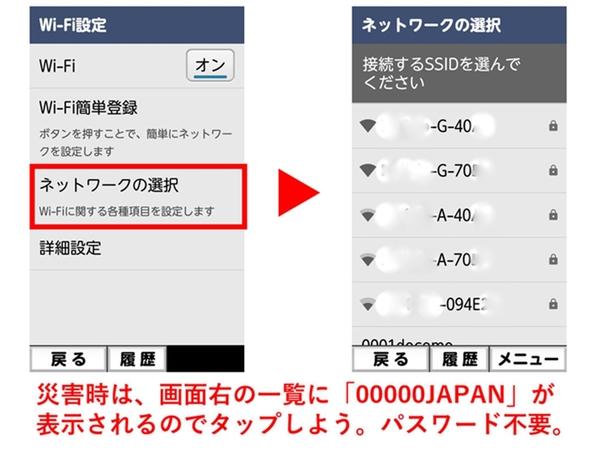The holiday season is upon us. According to JTB, the number of people going on trips of one or more nights is expected to reach 30.52 million (total of domestic and overseas trips), up 2% from the previous year, a record high. The effect of winter bonuses, which increased by 2.55% year-on-year according to a survey by the Nihon Keizai Shimbun, and the good arrangement of days that allow up to nine consecutive holidays are also boosting the increase in demand.
Even when I travel, I always want to have gadgets such as smartphones and tablets with me. I want to enjoy music and e-books during a short time such as traveling or transit. However, in airplanes, the use of electronic devices during takeoff and landing is strictly restricted. This is because electromagnetic waves from electronic devices could adversely affect the aircraft.
However, the trend is changing. At the end of October, the US Federal Aviation Administration announced a policy to allow the use of smartphones and tablets during the entire flight process, including during takeoff and landing. In response, the Ministry of Land, Infrastructure, Transport and Tourism is said to have begun considering loosening regulations on takeoff and landing within the next year. It can be used with electronic devices that are set not to communicate with the outside of the aircraft, such as smartphones in "airplane mode".
The day when you can enjoy electronic devices during takeoff and landing is near

It is clear that smartphones and tablets have spread in the background of deregulation. In fact, some airlines provide services based on them. For example, Peach Aviation has launched a service called "high!", in which content such as movies and magazines can be downloaded from the airport terminal's dedicated Wi-Fi to your smartphone or tablet and enjoyed on board.
More and more airports, such as Narita Airport and Sendai Airport, are offering free Wi-Fi at home and abroad. When traveling abroad, many users put their smartphones and tablets in "airplane mode" to avoid expensive roaming bills. While 3G / LTE lines cannot be used, these Wi-Fi services that can be used at airports and hotels are reassuring allies.
However, I am concerned about security issues. Aside from domestic Wi-Fi services, is there any danger in free Wi-Fi at airports and hotels abroad?
"Basically, it is not recommended to connect to a public wireless LAN (Wi-Fi) service that is not password-protected," says Yuji Motohashi, head of the Cyber Strategy Office at major IT security vendor McAfee. .
It is said that there are more cases of "hijacking" of Wi-Fi access points overseas. "There are hacking tools on the market, and hacking methods can be viewed on Youtube. If it's not encrypted with a password, it's easy to create a fake access point that looks like a legitimate access point," says Motohashi.
Actually, there have been cases where emails and online banking information have been stolen from users' terminals connected to fake access points. “The airport executive lounges have been particularly hard hit. There have been cases where the Wi-Fi was hijacked and information was collected,” Motohashi points out.
No matter how much you want to use electronic devices in a foreign country, if your credit information is stolen, it's putting the cart before the horse. In order to prevent your first dream at your destination from turning into a "nightmare", it's a good idea to take your travel bag with you and have a minimum awareness of security.


